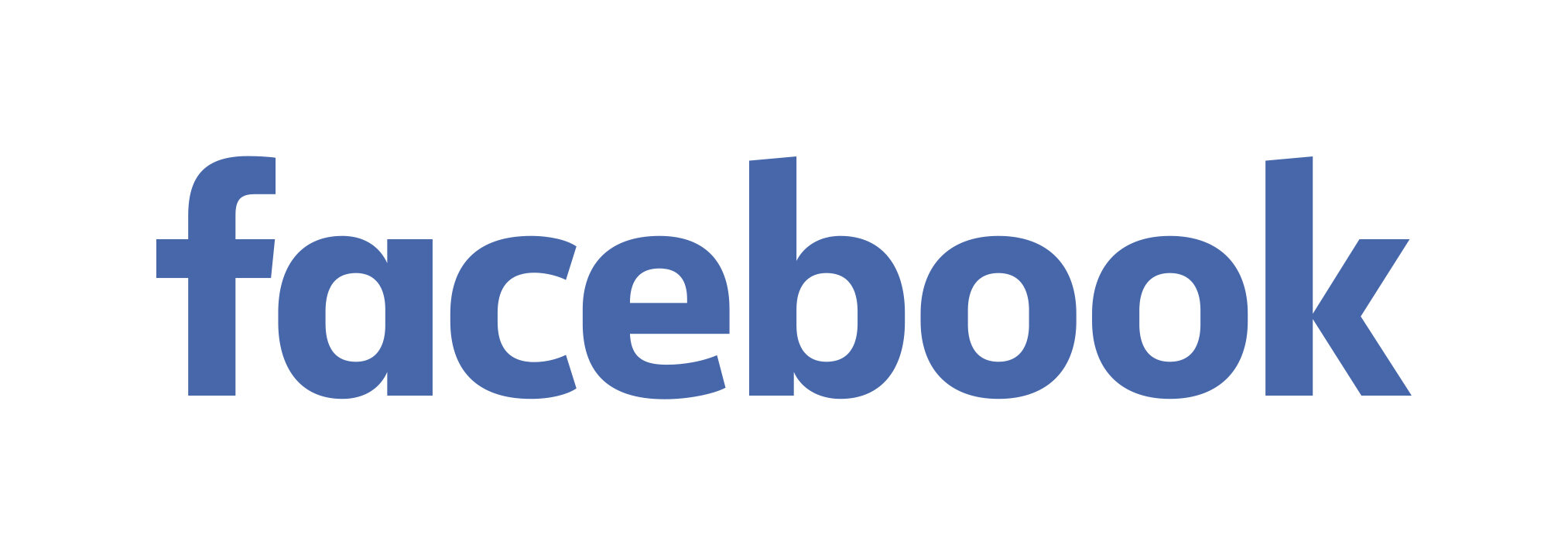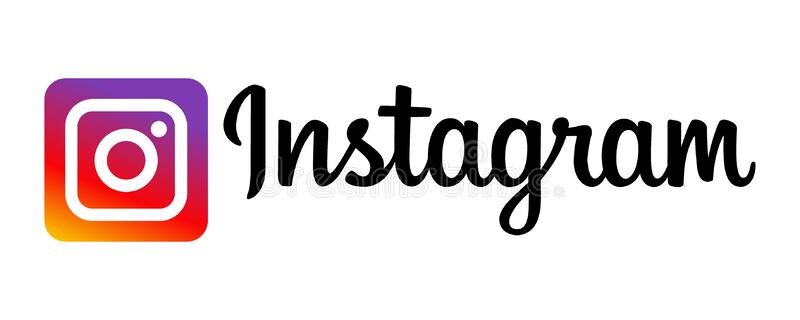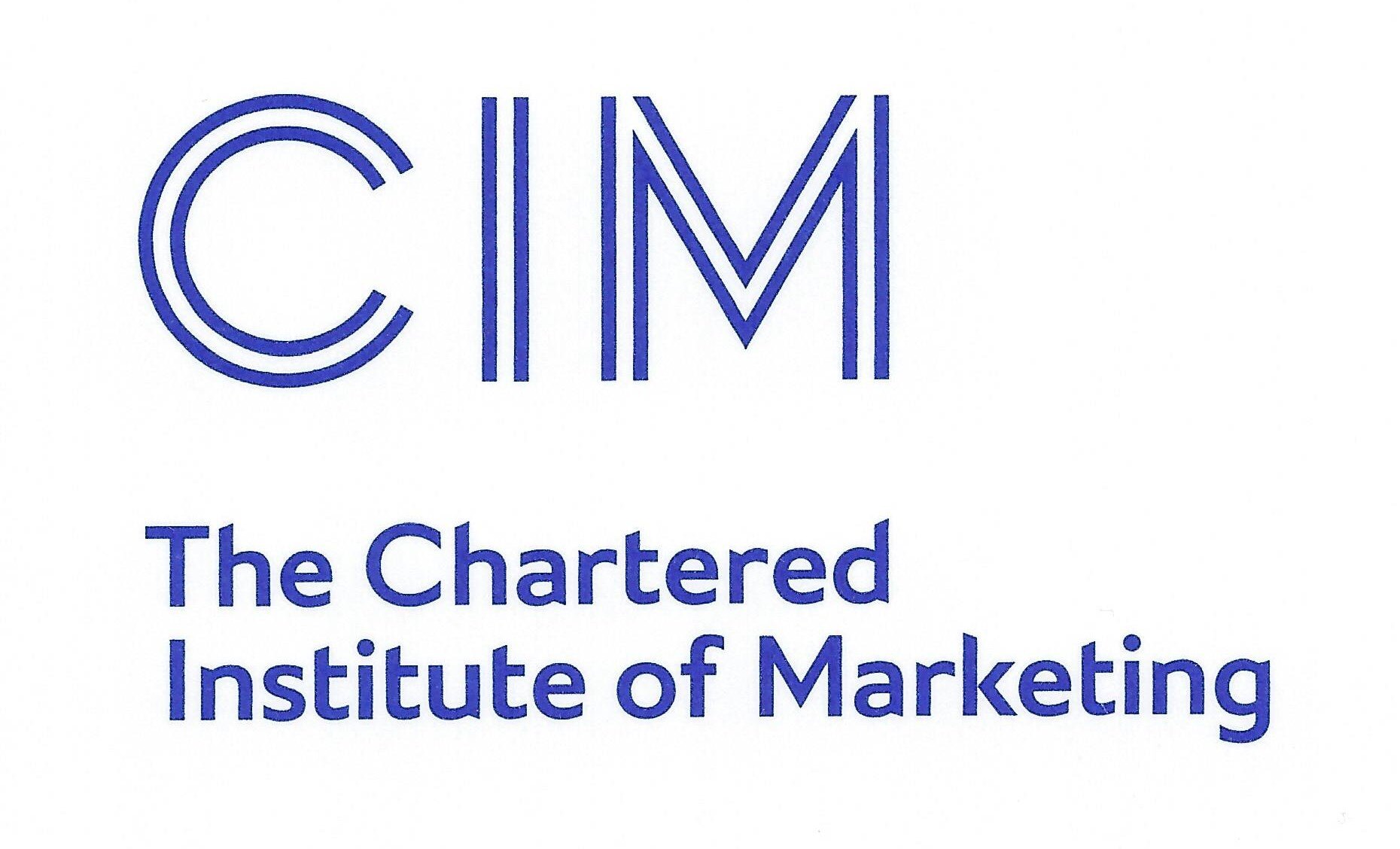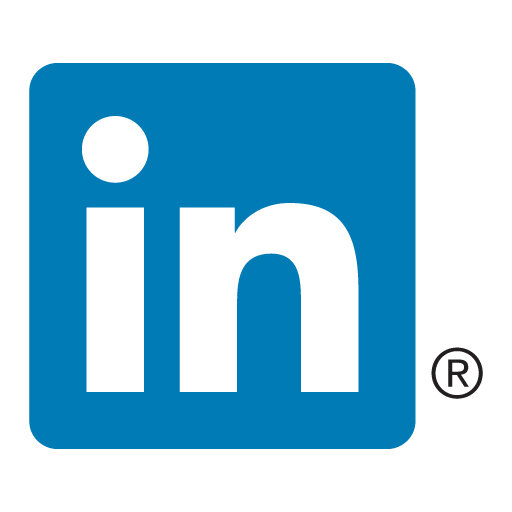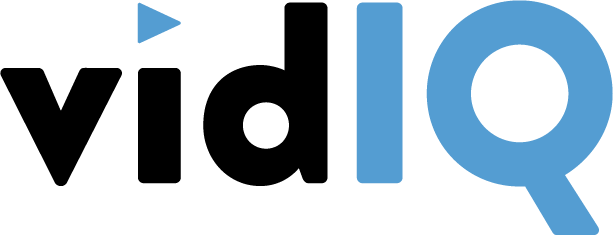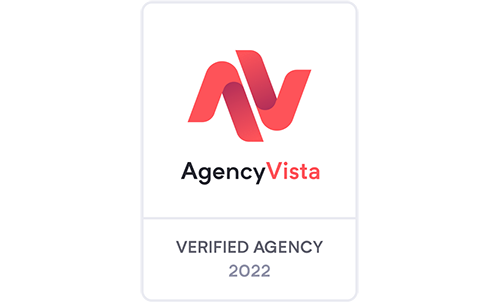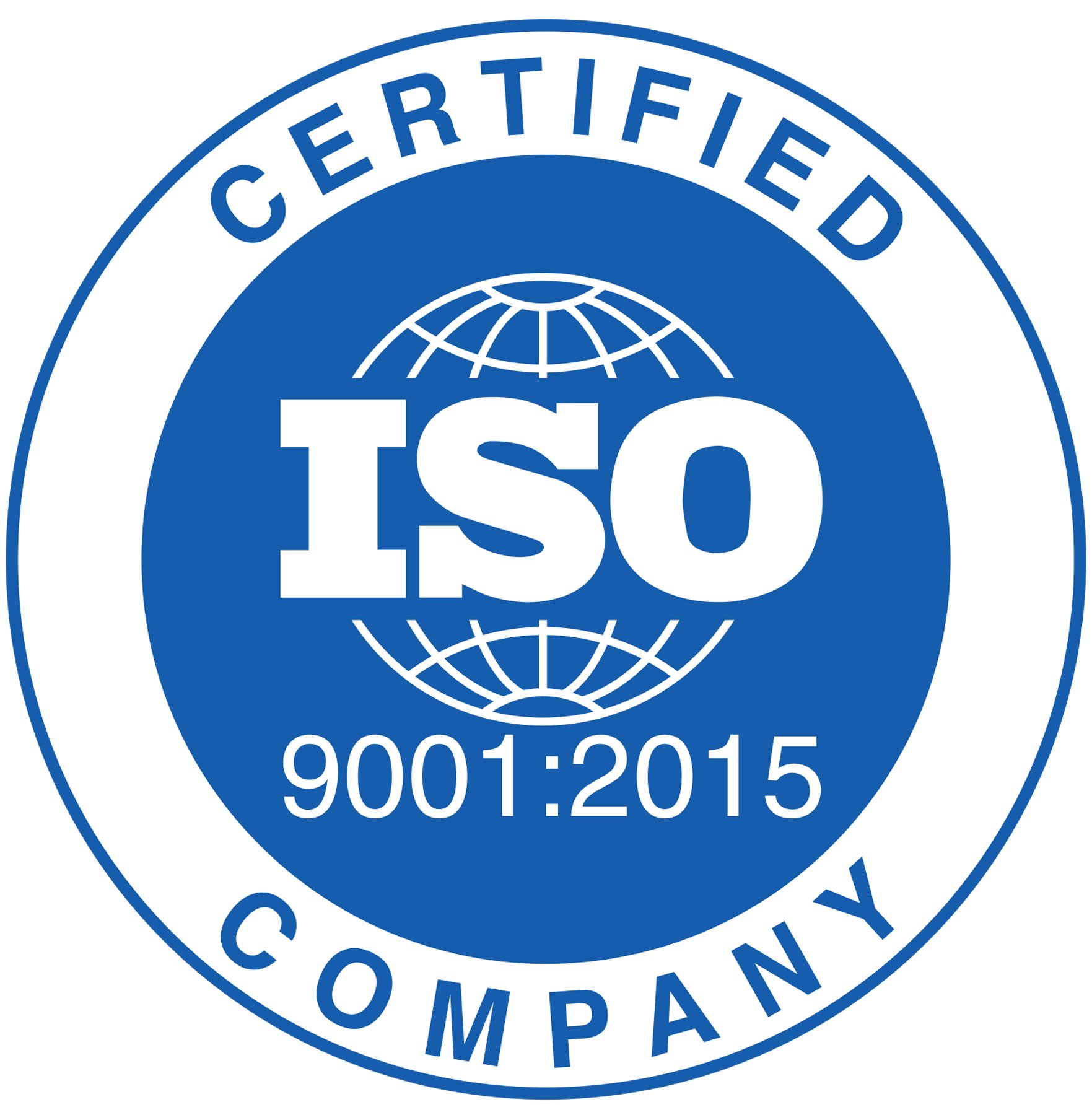Social media marketing agency London
Still not sure what to do?
Our Digital Marketing FAQ can help answer any questions you may still have about the services we offer.
Why should you work with a digital marketing agency?
A professional agency will provide you not only with specific marketing services, but also a detailed audit, integrated marketing strategy, regular reporting on your activity, new opportunities ideas for you business and sustained communication.
How you know what kind of agency do you need?
Whether you choose a bigger, corporative agency that handles big clients, a smaller agency - boutique type - or you are keener on working with an agency specializing in a certain service such as Social Media Marketing, SEO, Paid Ads, Email Marketing or Content Marketing, always be sure it meets the needs of your business. Take a step back, set your business objectives and see what would you really need to form a Digital Marketing Agency.
what to look for when reviewing the agency performance on social media
Here are the most common - and important - Key Performance Indicators (KPI’s):
Social Media Organic:
Reach KPI’s - impressions, follower count, audience growth rate, reach, potential reach and social share of voice (how many people mentioned your brand, compared to the number of people mentioning your competitors)
Engagement KPI’s - likes, comments, average engagement rate
Content Marketing:
Number of content pieces published per month - The most important KPI to track — especially when you are first starting out — is publishing at least three pieces of quality content (articles, video etc.) each month.
Organic website traffic - Source of traffic shows the split between different paths leading to your posts and other media (social media, direct links, links on other websites and blogs etc.). A successful Content Marketing strategy comes from a well-balanced pie chart. But you can use numbers to rank those sources that bring more engaged leads.
Ranking for important keywords - When your website starts ranking for the top keywords in your industry, it shows that your dedication to providing valuable content and being the No. 1 teacher in your space is paying off. You’ve hired your content manager, they’re making sure you’re publishing high-quality content at a regular cadence, and your prospects are finally finding you. Search engines are noticing, too.
SEO:
Organic Traffic by Medium - At the core of nearly every SEO campaign is the objective of increasing web traffic and bringing more visitors to your website, specifically from search engines (organic sources).
Keyword Rankings - Measuring campaign success in terms of ranking for a group of keywords can be useful when implementing an SEO campaign. If you’re measuring campaign success in terms of increases in organic conversions, it might take a few weeks or months to see any major results. However, if you measure success in terms of your average ranking across 50 keywords, you can generate positive results in a shorter time frame.
Organic CTR - Organic CTR is defined as the total number of clicks on your search result, divided by the total number of impressions on the search engine results pages. Setting up Google Search Console for your website will allow you to see the keywords that your website ranks for and your total impressions and clicks for each keyword.
Email Marketing:
Open rate - The first most important metric is the open rate: the percentage of emails delivered that was subsequently read.
CTR - Your click-through rate (CTR) is the number of times subscribers clicked on a link in an email as a percentage of total emails opened. After all, beyond just eyeballs on text, you want recipients to actively interact with your email.
Bounce rate - The percentage of emails that were undeliverable is your bounce rate. For example, if you sent out 10,000 emails and 1,000 of them bounced, that would be a bounce rate of 10%.
ROI - The Return On Investment percentage is calculated by taking the money earned, dividing it by money spent, and multiplying that number by 100.
Social Media Paid:
Conversion KPI’s - conversion rate, click-through rate (CTR), bounce rate, cost per click (CPC)
Google Ads:
Impressions
CTR
Conversions
Cost per Conversion
Pros&Cons of working with an agency
Over the past few years, the digital marketing industry has grown exponentially. Digital marketing is a significant tool in the growth of your business, and, as with every major decision, you need to weigh the pros and cons before making your verdict.
Here are the advantages and disadvantages of hiring a digital agency for your company:
Pros:
Professional expertise - Agencies have whole teams of professionals who specialise in different strategies. They include designers, copywriters, and social media gurus. Each one of these experts has significant experience with their specific job. They know what works and what doesn’t.
Fresh perspective - Working with people outside of your company can provide you with a fresh perspective on your brand. You need creativity from these teams to overtake competitors in today’s saturated market. An outsider’s point of view will shed new light on your business's strengths, and they may even discover the other strong aspects of your brand.
A specialised set of tools - Digital technology is constantly evolving. For digital marketing agencies, keeping up with the latest tools is part of the job. They have the budget to purchase new software and hardware when they need it. For small businesses, on the other hand, buying those tools can easily overwhelm your budget.
Cons:
Lack of Industry-Specific Knowledge - A potential agency will ensure that they identify your target market and determine your strengths. However, it may take a while before they can truly understand what your customer's preferences are. They will also need to adjust and mimic your brand voice to strengthen how consumers see your company. You may need to wait for months or even years to achieve the results you expect from the digital marketing firm.
Familiarity Is Not A Quick Study - Even an agency that has worked with a variety of clients will need time to understand your customers’ needs. Each market is different, and what works well for one business could be a mistake for another. You don’t want to waste money on a campaign that ends up turning potential customers away.
Not always a high priority - Agencies have several customers, often up to 20 clients at one time. A large agency might have more than that. A quality marketing agency should make you feel valued and be easy to reach if you have questions. Ideally, you’ll never feel like a low priority, but you’ll need to remember that you’re not the agency’s only client.
Why are social media marketing agencies pricey compared to freelancers?
The answer is simple. Professional Social Media Marketing provided by an agency includes more than just social media posts. You will benefit from an audit of your platforms, a social media marketing strategy and constant reporting and improving your business’ performance.
What to look for when researching for a social media marketing agency?
Firstly be sure the agency that caught your eye has third party approvals. Look for reviews on Facebook, Google, their website or other platforms like Agency Vista.
